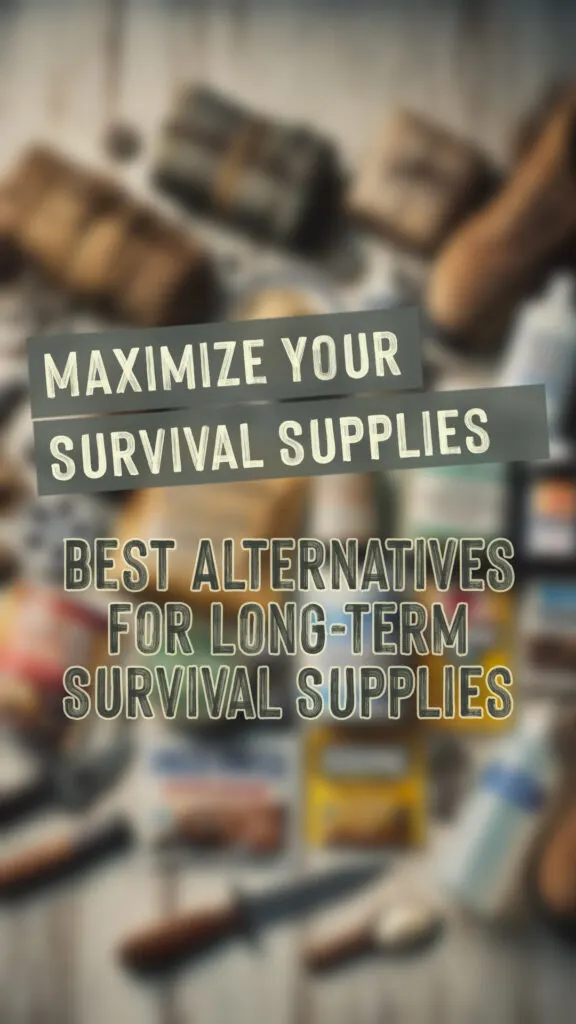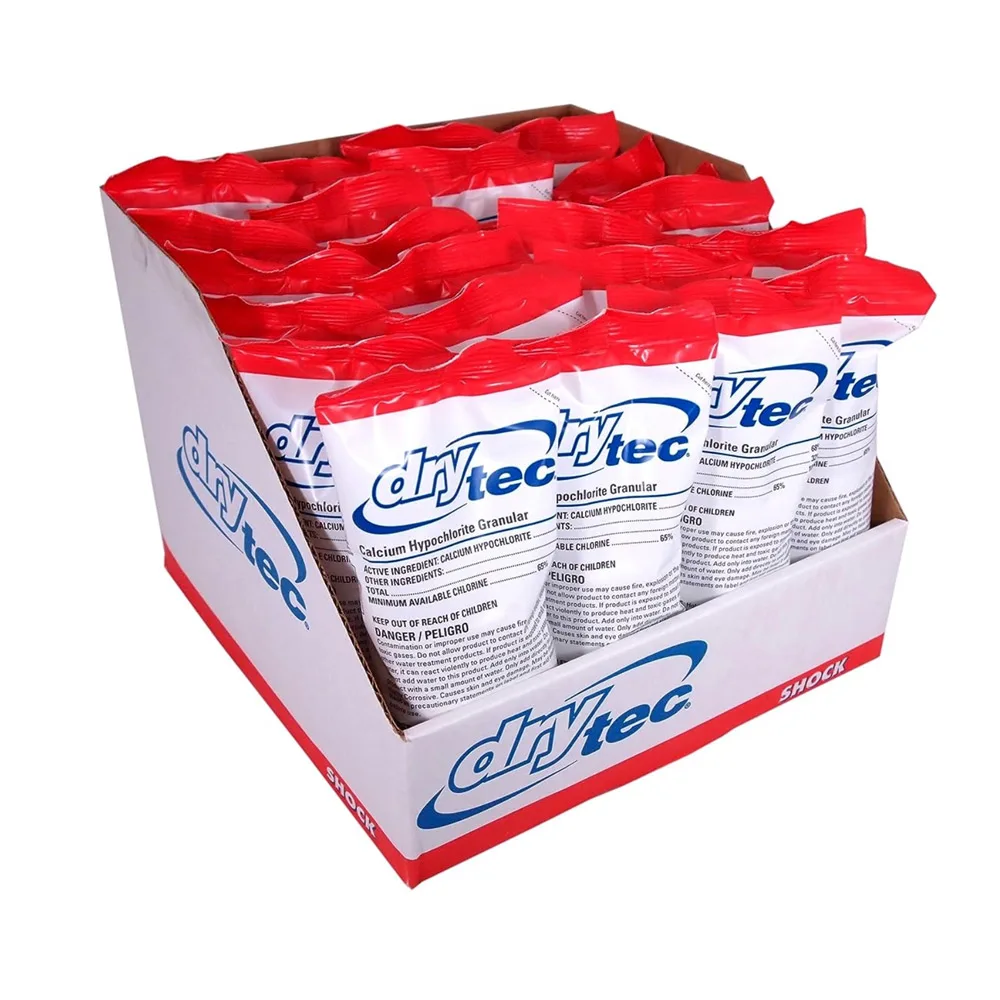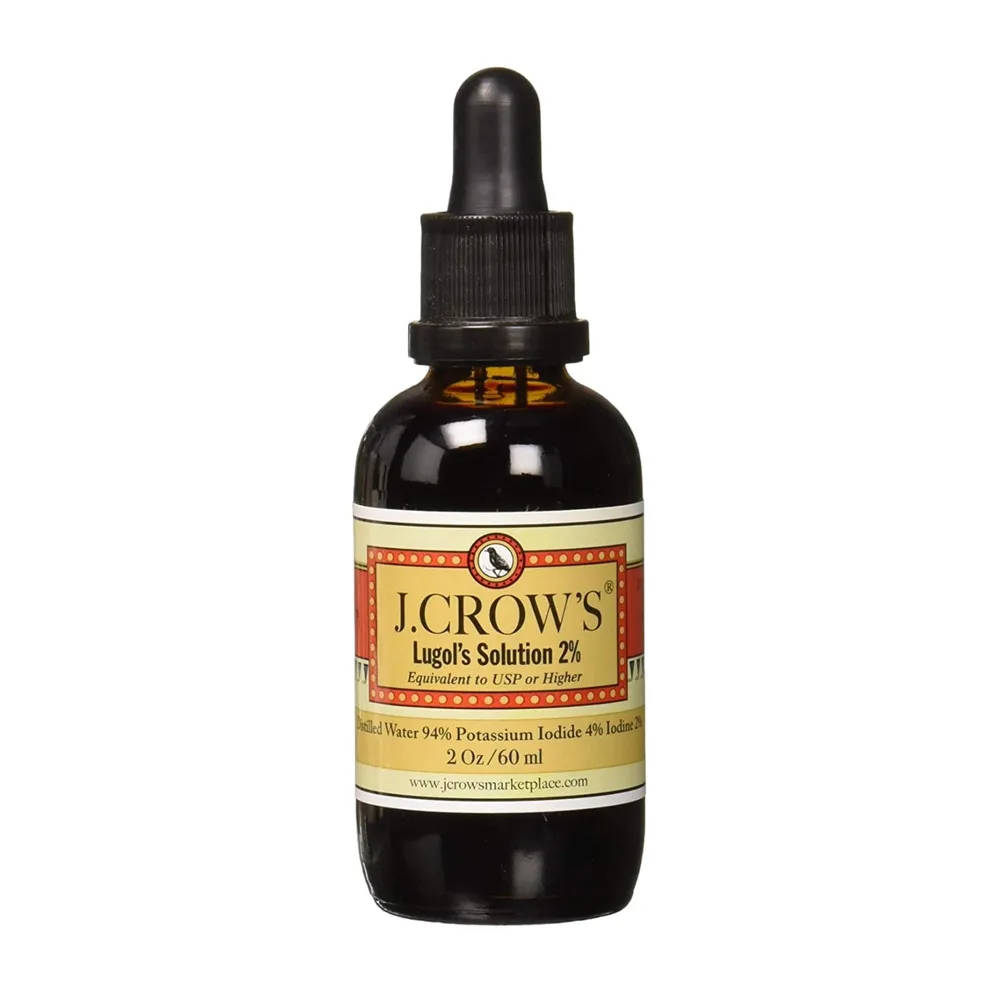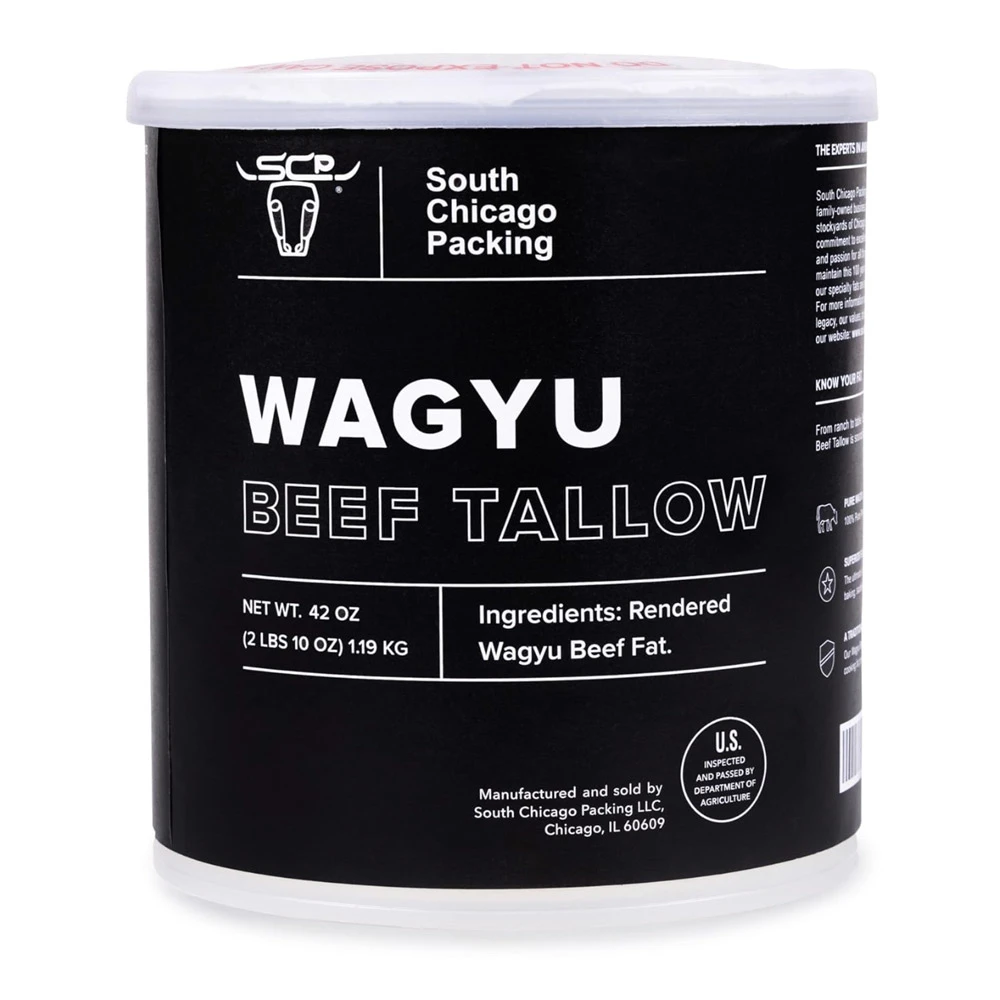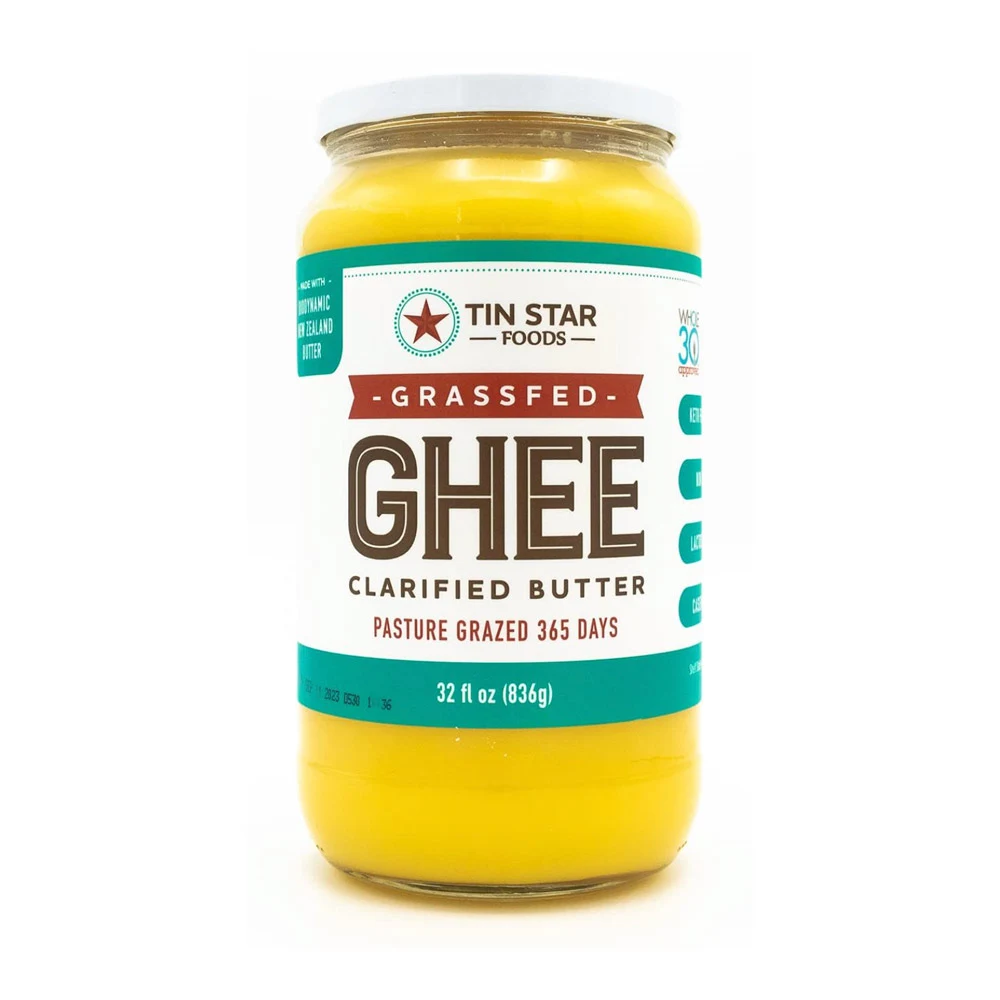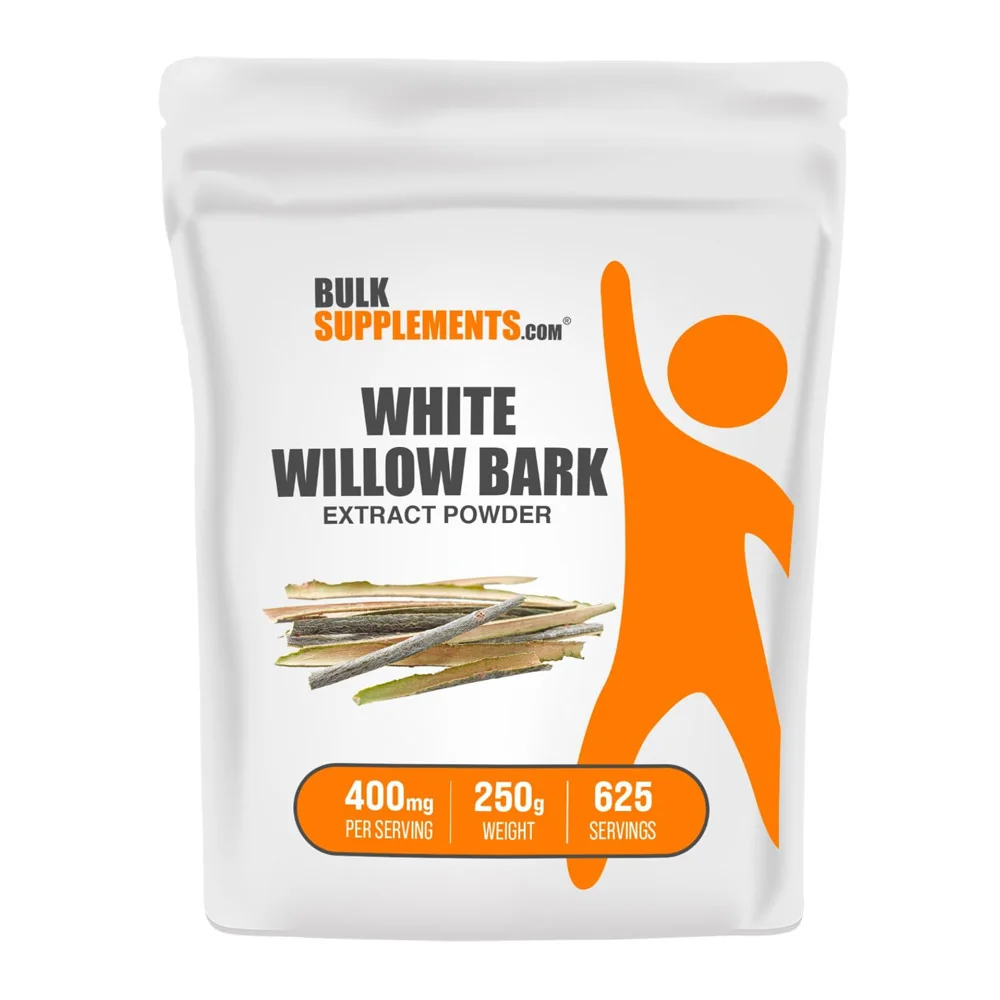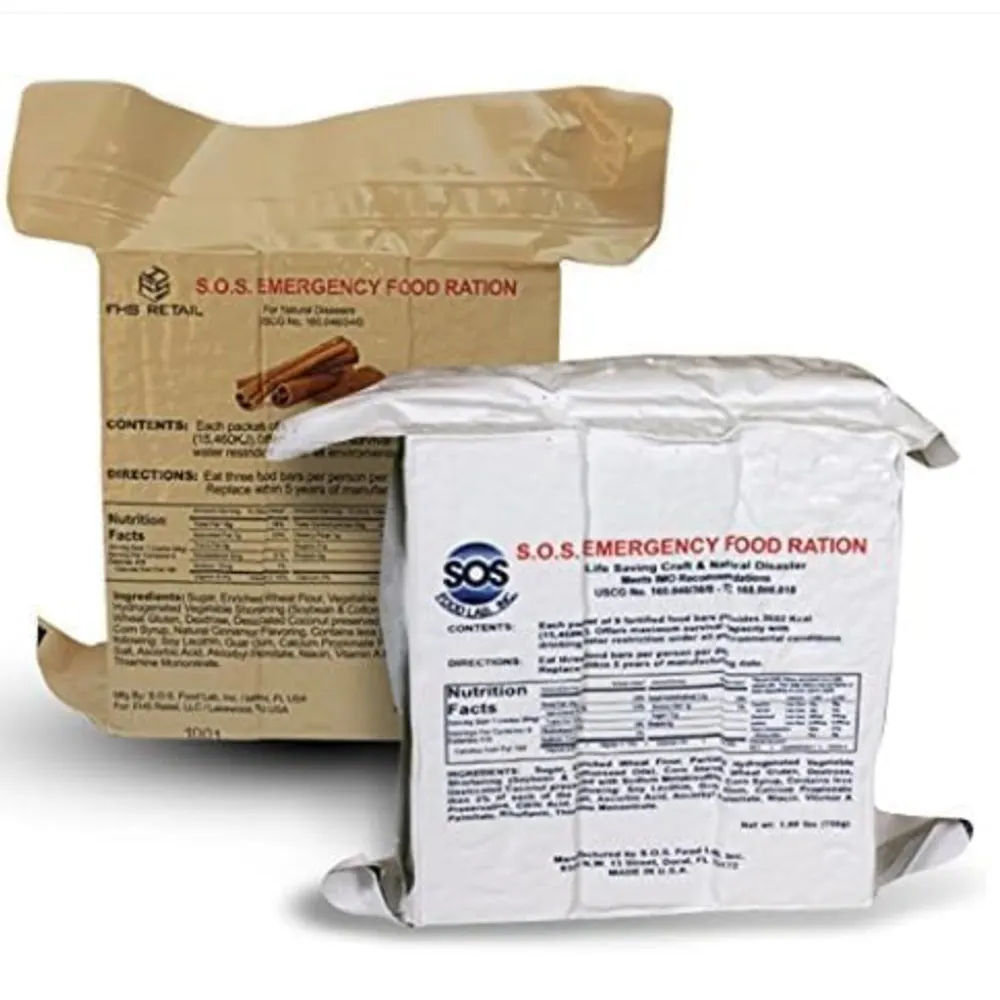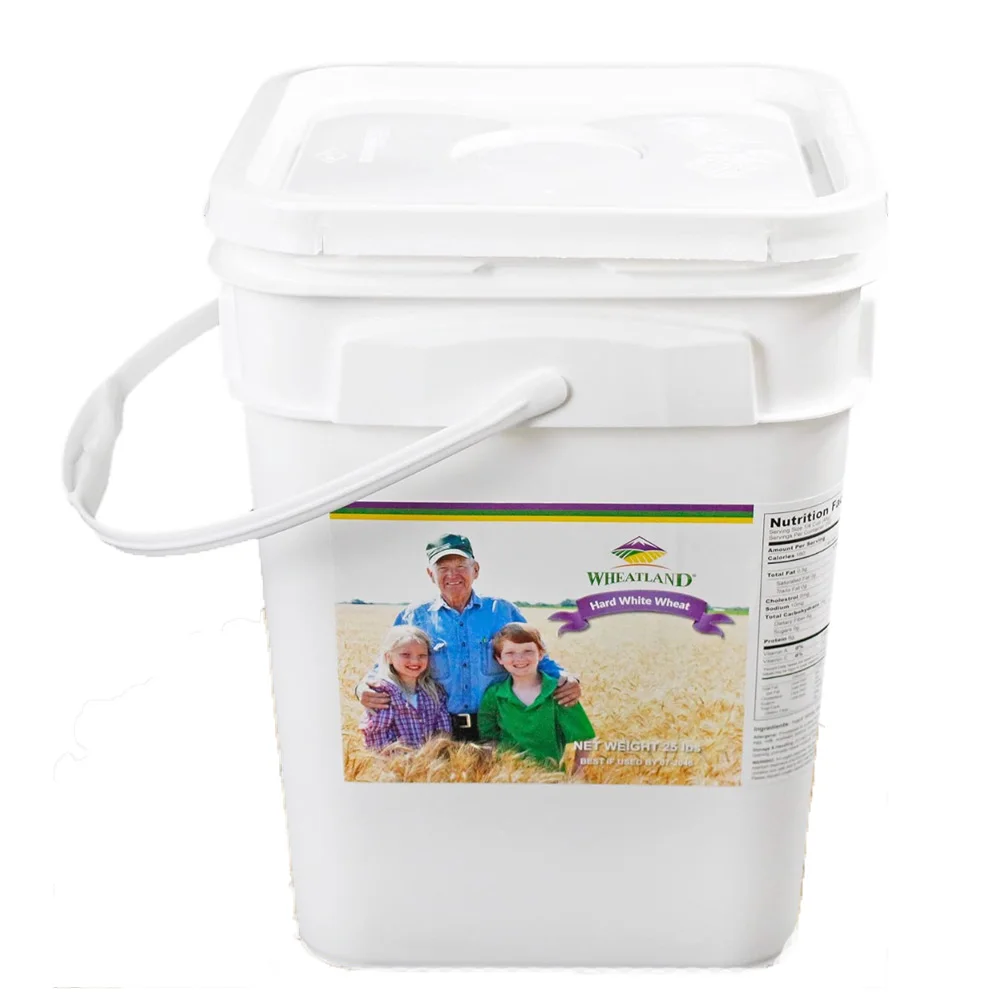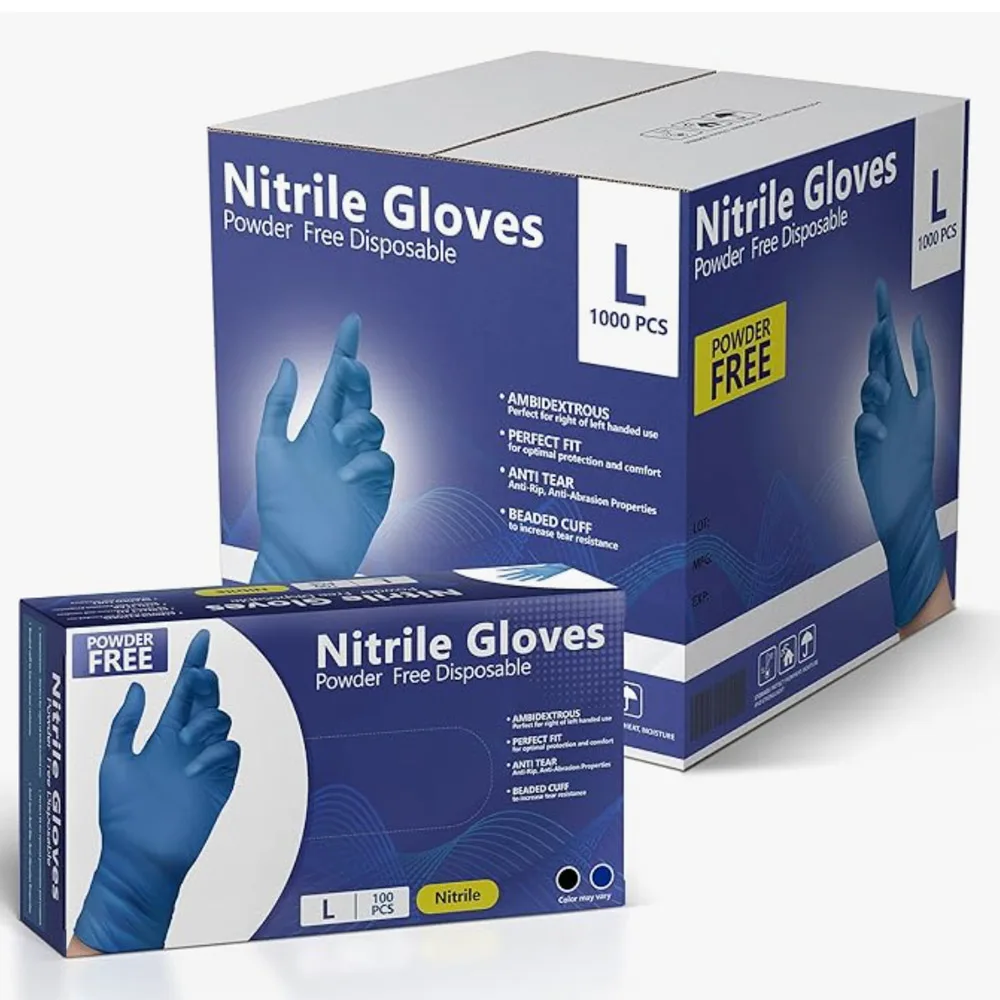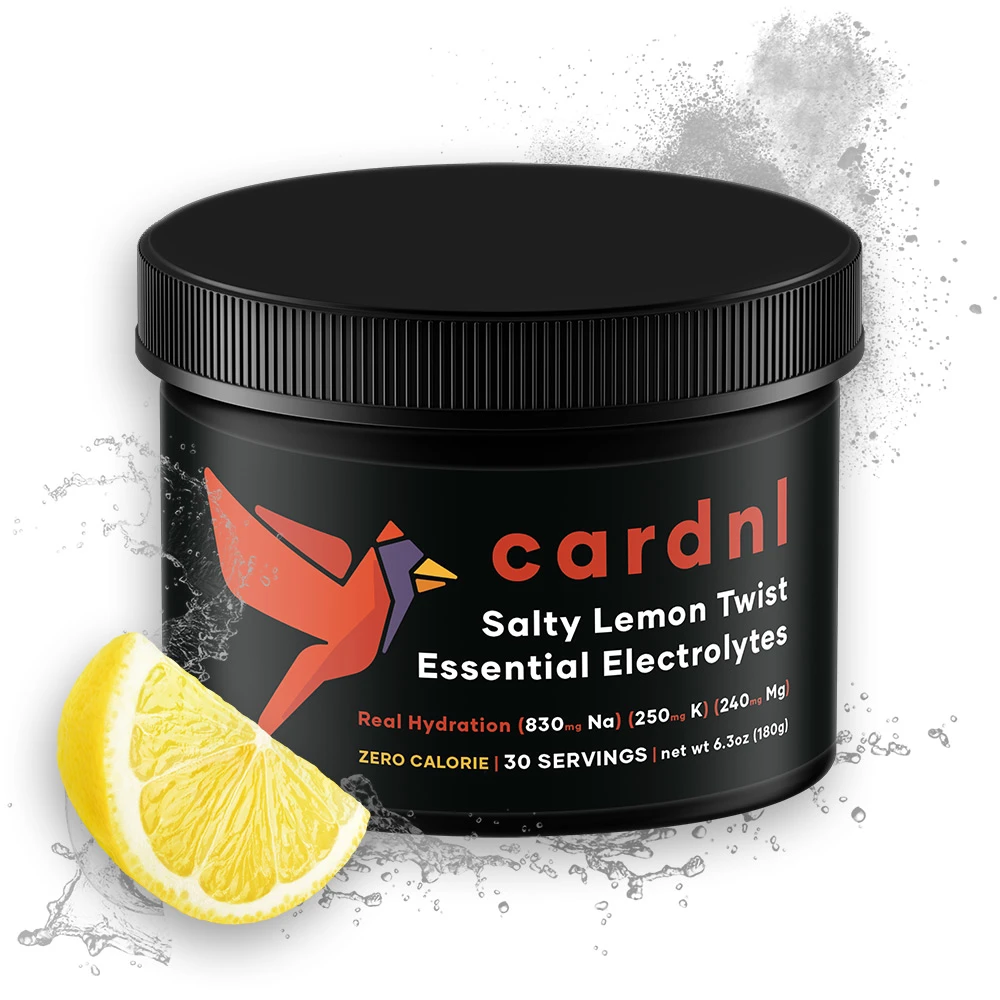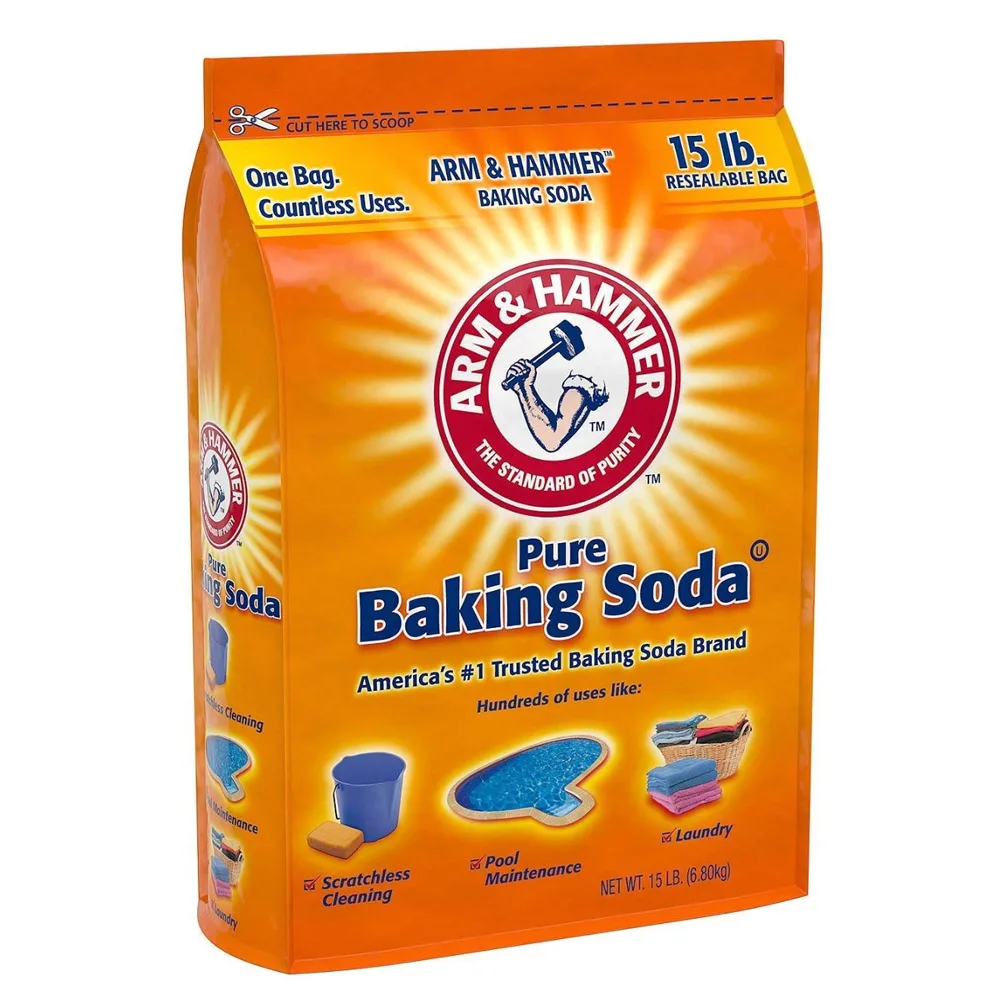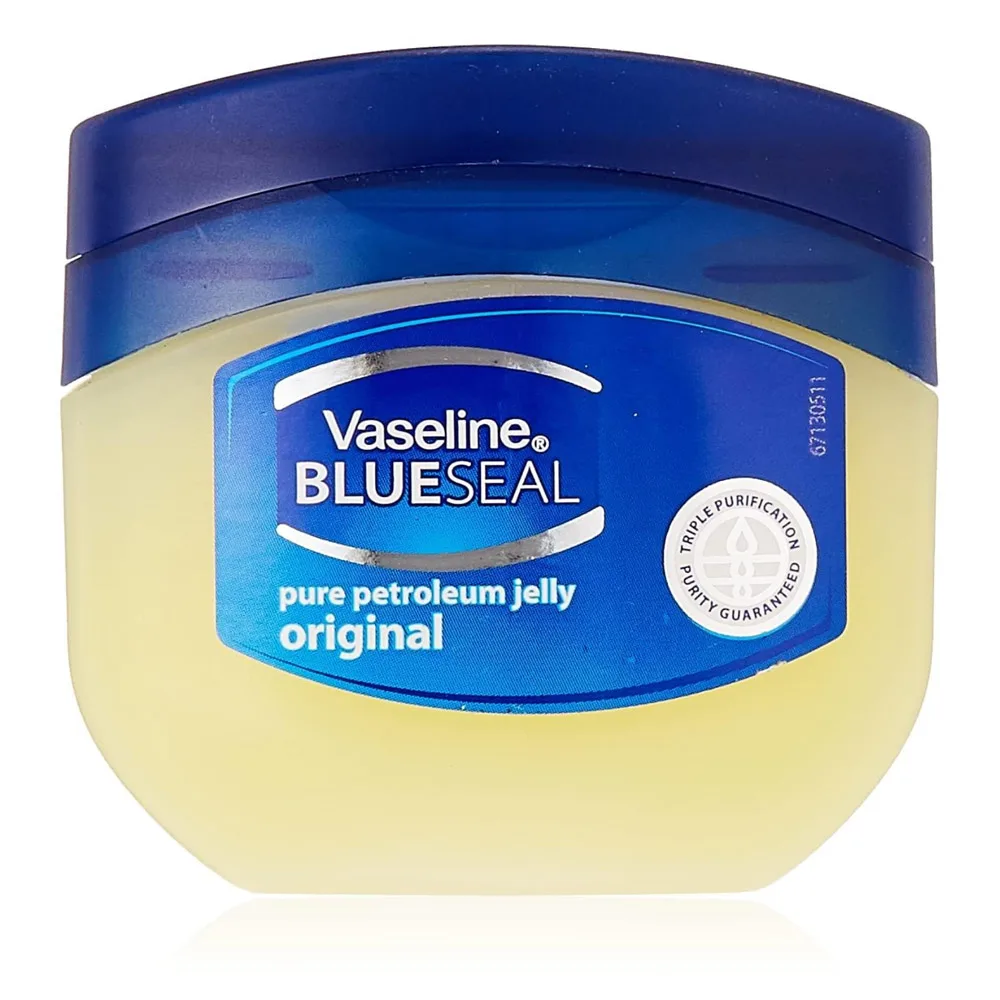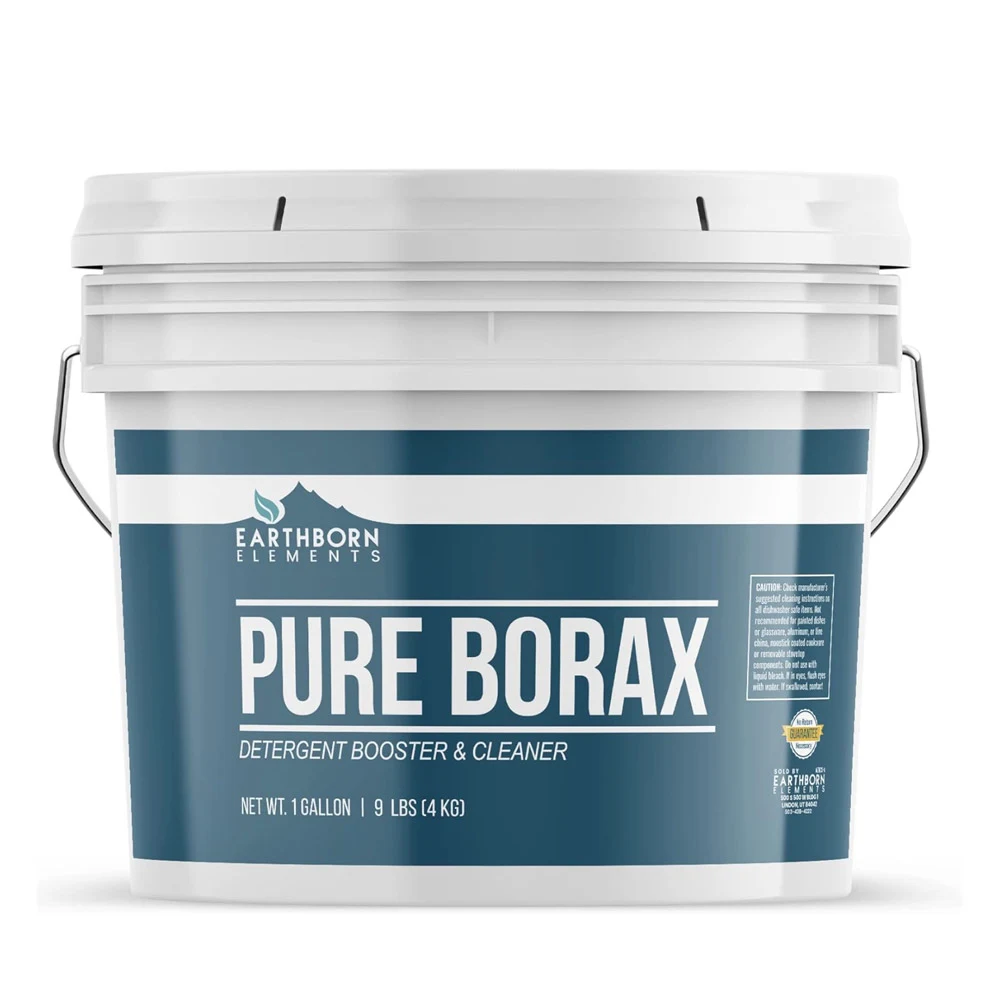This post is designed to help you swap out common survival and prepping items that have “short” shelf lives with longer-lasting alternatives. In emergency situations, it’s essential to have supplies that won’t spoil or lose their effectiveness quickly, so understanding which items to replace is critical for long-term preparedness. This can also save you money in the long run.
Many everyday products, like bleach, hydrogen peroxide, or commercial pain relief creams, degrade after a short(ish) period. By replacing them with alternatives like calcium hypochlorite, iodine, or white willow bark, you can extend the usability of your supplies. This guide covers a range of items, from disinfectants to food storage, ensuring that you have the best options for long-term self-reliance.
Whether you’re preparing for power outages, natural disasters, or long-term emergencies, this list offers practical, simple replacements that can last for years or even decades. The goal is to help you build a durable and effective survival kit that’s ready when you need it most.
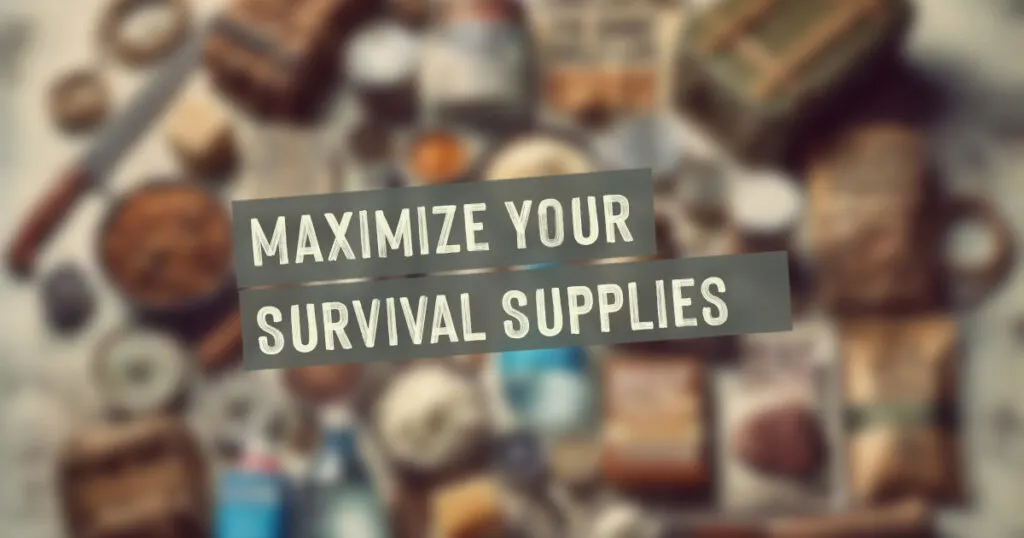
Liquid Bleach
Bleach is great for disinfecting and purifying water but loses its strength quickly, making it unreliable for long-term storage.
Shelf Life: 6-12 months
Replace with Calcium Hypochlorite
Shelf Life: 10+ years (when stored properly)
Calcium hypochlorite is a better option for long-term prepping. You can mix it with water to create a disinfectant and use it for water purification. It stores much longer than bleach and is very effective in emergencies.
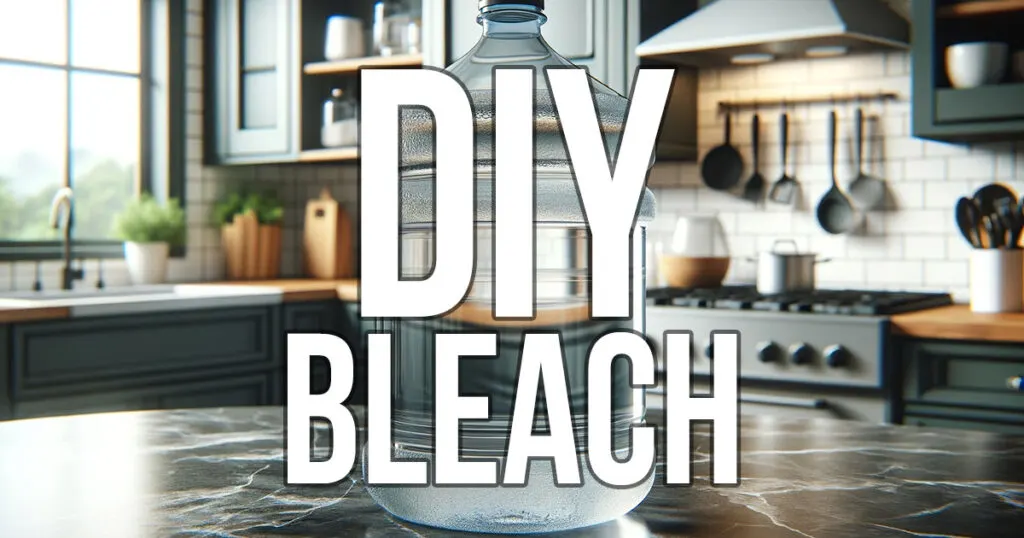
Hydrogen Peroxide
Hydrogen peroxide works well for cleaning wounds but loses potency after opening, so it’s not ideal for long-term storage.
Shelf Life: 6-12 months after opening
Replace with Iodine
Shelf Life: Indefinite (iodine when stored properly)
Iodine is better for long-term storage. Iodine can disinfect wounds and purify water, and can last indefinitely when stored properly, making it a reliable option for prepping.
Cooking Oils (Olive, Vegetable)
Oils like olive or vegetable oil spoil after a couple of years and aren’t a good nutritional source for survival.
Shelf Life: 1-2 years
Replace with Beef Tallow or Ghee
Shelf Life: 3-5 years when frozen (beef tallow), 5+ years (ghee when stored properly)
Beef tallow and ghee are much better alternatives. Tallow, when frozen, lasts 3-5 years or more, and both are more nutritious and stable for long-term storage. Ghee doesn’t need refrigeration and lasts even longer, making them great for cooking and skin care.
Canned Tomatoes or Fruits (High Acid)
High-acid foods can corrode cans, making them less ideal for long-term storage.
Shelf Life: 1-2 years
Replace with Freeze-Dried Fruits and Vegetables or Glass Jars
Shelf Life: 25+ years (freeze-dried), 3+ years (glass jars)
Freeze-dried fruits and vegetables last up to 25 years and are a better option for long-term storage. You can also use glass jars for acidic foods.
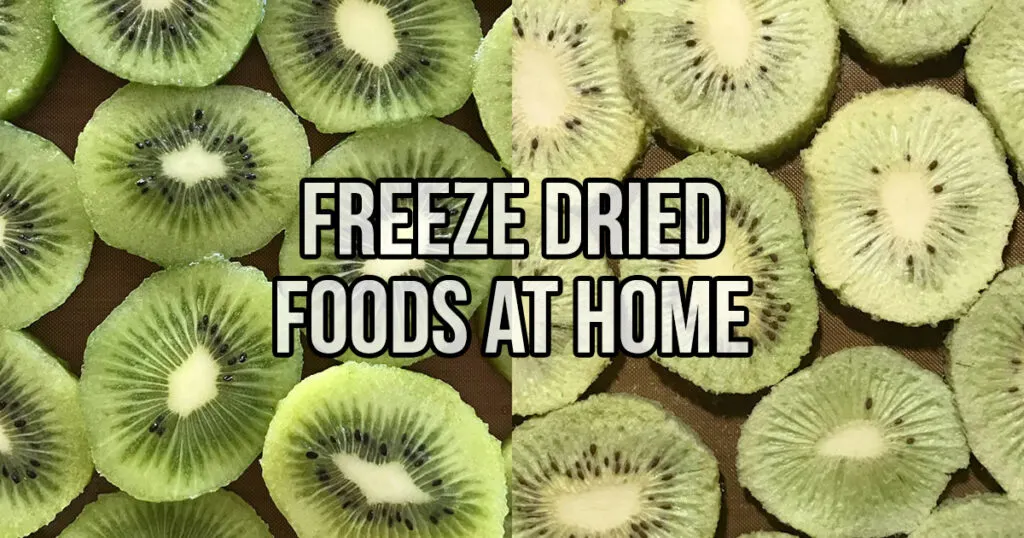
Pain Relief Creams (Commercial)
Pain relief creams lose their effectiveness after a couple of years.
Shelf Life: 1-2 years
Replace with White Willow Bark
Shelf Life: Indefinite (when stored properly)
White willow bark is a natural pain reliever that lasts indefinitely when stored right. It’s a great replacement for commercial creams and can be stored long-term.
Protein Bars
Protein bars may be convenient, but they go stale or rancid after a short time.
Shelf Life: 1-2 years
Replace with Freeze-Dried Meals or SOS Bars
Shelf Life: 5-25 years
Freeze-dried meals or SOS bars are designed for long-term storage and can last up to 25 years. They’re compact, lightweight, and provide better nutrition for survival situations.

Vacuum-Sealed Flour
Flour can spoil or attract pests even when vacuum-sealed.
Shelf Life: 1-2+ years
Replace with Whole Wheat Berries
Shelf Life: 20+ years (with oxygen absorbers)
Whole wheat berries last much longer and can be ground into flour when needed. Properly stored with oxygen absorbers, they can last for decades, making them ideal for long-term storage.
Rubber Gloves
Rubber gloves degrade and become brittle over time, making them less effective.
Shelf Life: 2-3 years
Replace with Nitrile Gloves
Shelf Life: 5+ years (when stored properly)
Nitrile gloves are more durable and last longer than rubber gloves. They are resistant to chemicals and maintain their strength over time, making them a better option for long-term prepping.
Canned Soda
Canned soda loses carbonation and flavor quickly and doesn’t last long in storage.
Shelf Life: 6-9 months
Replace with Powdered Drink Mixes (Cardnl Essential Electrolytes)
Shelf Life: 10-20 years (if sealed properly)
Powdered drink mixes, like Cardnl Essential Electrolytes, provide hydration and essential nutrients without taking up much space. They last much longer than soda and are better for long-term storage.
Antiseptic Creams (Neosporin)
Antiseptic creams lose their effectiveness after a year or two.
Shelf Life: 1-2 years
Replace with Iodine
Shelf Life: Indefinite (when stored properly)
Iodine is a much better option for wound care and can also be used for purifying water. It lasts indefinitely when stored properly, making it essential for prepping.
Toothpaste
Toothpaste can dry out and lose effectiveness after a few years.
Shelf Life: 1-2 years
Replace with Baking Soda
Shelf Life: Indefinite
Baking soda is a natural and long-lasting alternative to toothpaste. It can be used for cleaning and personal hygiene, and it lasts indefinitely, making it a versatile item for survival.
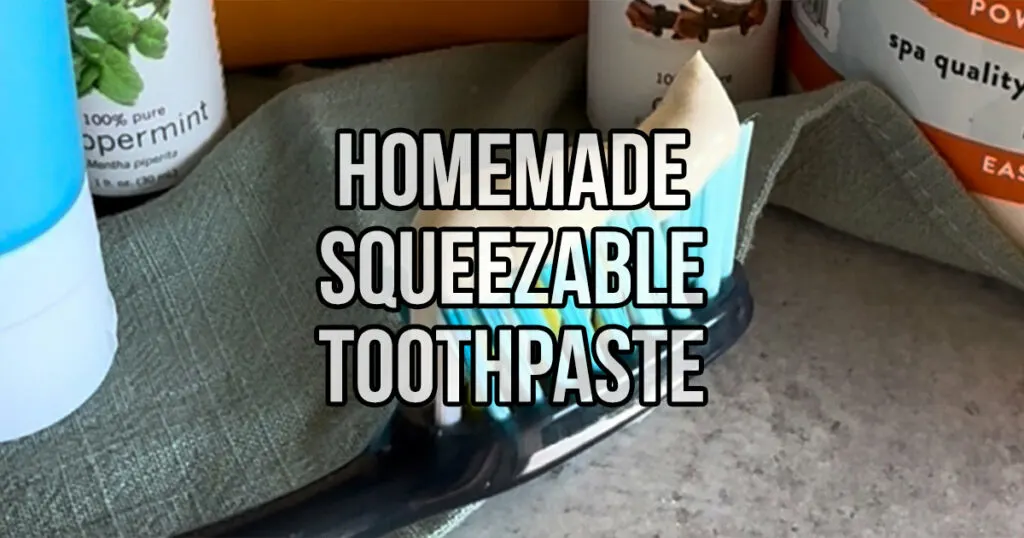
Homemade Squeezable Toothpaste Recipe
Lip Balm
Lip balm can degrade over time and become ineffective.
Shelf Life: 1-2 years
Replace with Vaseline or Beef Tallow
Shelf Life: Indefinite (Vaseline), 3-5 years when frozen (beef tallow)
Vaseline lasts indefinitely and works for skin and lip care. However, beef tallow is a more natural alternative that also works well for moisturizing and lip protection, with a shelf life of 3-5 years when frozen.
Laundry Detergent (Liquid)
Liquid detergent can go bad or lose its cleaning power after a year.
Shelf Life: 12 – 18 months
Replace with Borax
Shelf Life: Indefinite
Borax is a reliable and long-lasting cleaner for clothes and general use. It has an indefinite shelf life, making it ideal for long-term storage.
Pain Relief Creams (Commercial)
Commercial pain creams lose their potency after a short period.
Shelf Life: 1-2 years
Replace with Cayenne Pepper
Shelf Life: Indefinite (if stored properly)
Cayenne pepper can be used to make homemade pain relief salves and is useful for cooking and medicine. When stored properly, it lasts indefinitely and is a better, more natural alternative to commercial creams.
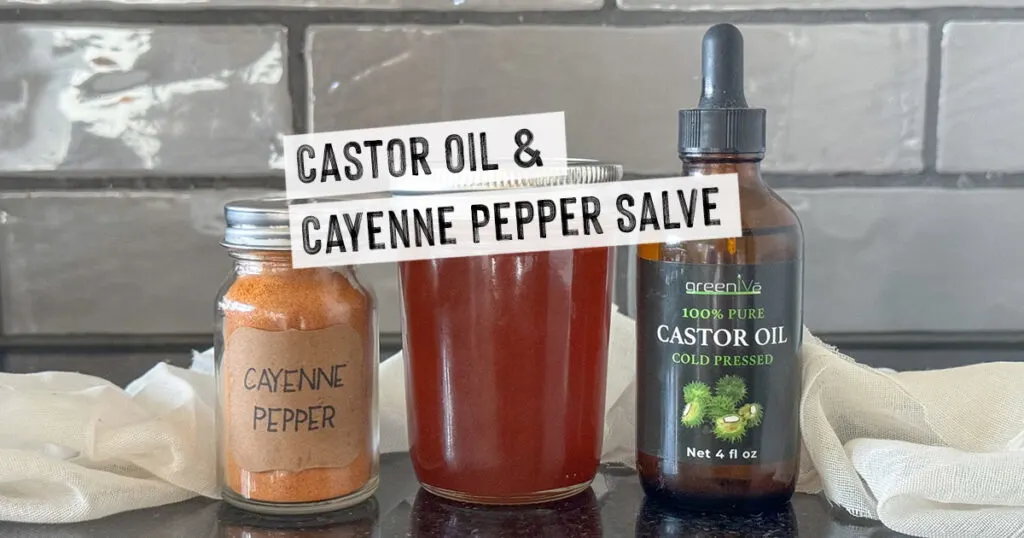
Pin it
